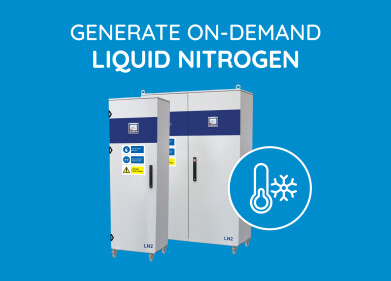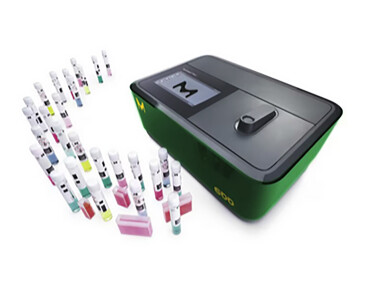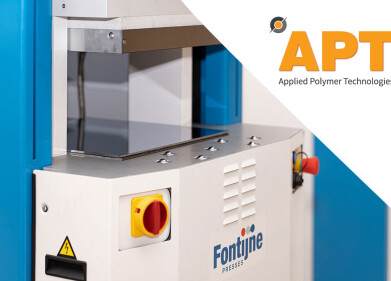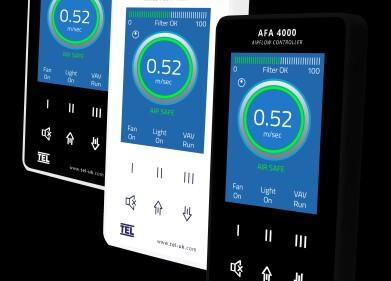Laboratory products
Kit To Assist in Detection of Endogenous Peptides
Oct 18 2011
Denator AB announced that it has launched the first in a series of kits designed for use with the company’s
heat-stabilisation system. The Stabilizor™ Peptide Extraction Kit enables users to heat-stabilise, homogenise
and extract endogenous peptides from tissue samples prior to analysis by liquid chromatography-mass
spectrometry (LC-MS).
During downstream analysis, the presence of endogenous peptides, often existing at very low levels in vivo, can
be masked by peptide fragments generated from normal degradation processes. Utilisation of Denator’s Stabilizor
system, based on the company’s heat-stabilisation technology, has been shown to stop tissue degradation from
the moment of sampling, preventing the enzymatic processes that generate peptide fragments.
This news will be of particular interest to researchers looking at the role of neuropeptides in neurogenerative
diseases. A recently published paper demonstrated an increased recovery of neuropeptides from tissue samples
when utilising heat stabilisation followed by an optimal extraction protocol (Neuropeptide profiling of the
bovine hypothalamus: Thermal stabilisation is an effective tool in inhibiting post-mortem degradation.
Olof Sköld, CEO at Denator, explained further: “Working closely with users of our system has revealed that the
quality of final results can be influenced by the extraction methods used after heat stabilisation.
This new kit offers the convenience of having all necessary accessories and solutions ready to use, and, most
importantly, includes a validated protocol that aims to maximise the recovery of endogenous, water-soluble
peptides for subsequent analysis by LC-MS. We see this development as a natural step to ensure that
researchers who heat-stabilise tissues upstream achieve the best possible analytical results downstream.”
Implementation of the Stabilizor solution in laboratory workflows is reflected in a growing number of peerreviewed
publications particularly from proteomic laboratories. Scientists are able to perform many analyses
without risk of sample degradation, confident that their results truly reflect the in vivo situation.
Digital Edition
Lab Asia 31.6 Dec 2024
December 2024
Chromatography Articles - Sustainable chromatography: Embracing software for greener methods Mass Spectrometry & Spectroscopy Articles - Solving industry challenges for phosphorus containi...
View all digital editions
Events
Jan 22 2025 Tokyo, Japan
Jan 22 2025 Birmingham, UK
Jan 25 2025 San Diego, CA, USA
Jan 27 2025 Dubai, UAE
Jan 29 2025 Tokyo, Japan



















